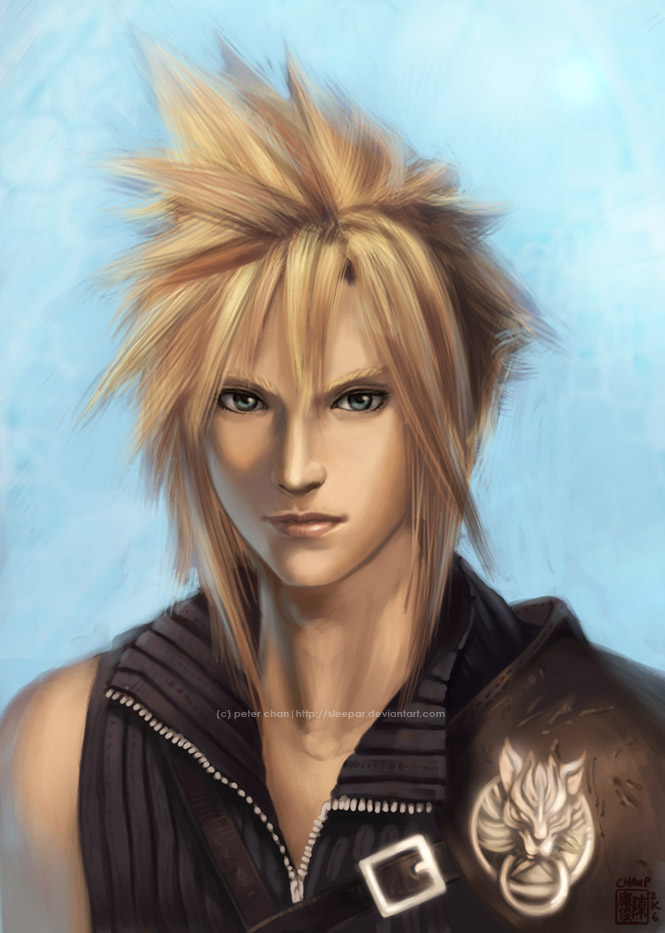Before anything else, Valenth.
Uraraka,
Freddie,
Abigail,
Talstag,
Silent Rose,
Phoenix,
Izo. Just click on links to feed.

When I picked up this book, I figured that it would be just another boring book about world economics and how to benefit in this world. I found exactly what I expected and much more. Thomas Friedman’s book enlightened me about the world as it is today: not as it was as I expected in Globalization 2.0, but in the grips of Globalization 3.0. Even though many of the business and economic concepts in the book are foreign to me, I realized that I am vastly undereducated in acquiring a job in a flat world. Science and technology will be the new platforms on which the future rests on, as well as individuality. I witnessed this effect for myself while reading this book.
This winter break, I took a trip to Suzhou, China to visit my family. My cousin had worked for a government firm that required financial management skills. Once he became adept at his profession, he quit the company and started his own business. He is now the financial advisor of my uncle’s steel factory and outsources grunt work to people on the other side of the globe. Ten years ago, my cousin’s destiny was probably set as just another agrarian farmer, but with the enhancements in technology and communications in Globalization 3.0, the world has been flattened and my cousin can now command a business from the laptop he carries around with him. All he needs are the imagination and the skills to put that imagination to use. As his business expands, he tells me that he plans to expand his services not only to local firms, but to companies across the globe.
This fact makes me ponder just what the right type of education these days is. The self started businessman and technology worker described in the book cannot be for everyone as there will simply be not enough demand for these services. While most of the population must and will go into the grunt jobs of data processing and number crunching, it makes me wonder if we are being educated in the most efficient way. Should my occupation be set in stone before college so that I can receive the best possible education for my future job? This would allow greater specialization of the individual so that the lower and upper level jobs can be more quickly and efficiently. Yet if this is done, people like Mimi Shirazu-Hiza would have never come to the front picture and her research would have never happened. Such is the gambit the government must take if it would vertically upgrade the labor in the nation.
I also realized that there is a wealth of information out there and that it’s mostly in books or educated online resources. It really surprised me that my friends would rather watch Glee or Korean dramas on an internet site than sit down and read a juicy book. As the internet grows, it will attract more and more of the younger generation into mindless activities that eat up time. I think that without internet, I may lose the connectivity with the world that everyone else is enjoying, but in its place I gain a working environment like no other: one free of distractions and full of information from paper. While current, updated news is beyond my fingertips, reliable information is still available to me. Friedman also notes that reading more will help one to write better. While in our English curriculums we read notable works of literature, often it is not enough to encompass the wide variety of knowledge in the world. As I wander the Iolani library, many books lay waiting on the shelves. Yet many of them will never be touched by students, who spend their time browsing a different shelf, the internet. I am afraid what will happen to us Iolani students as we graduate into a world that is increasingly favoring those with the right kind of knowledge.







